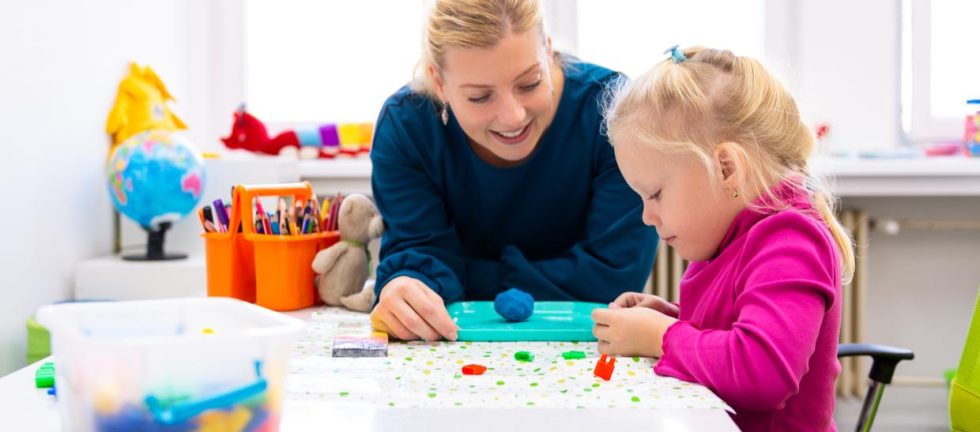WHAT DIFFICULTIES DOES YOUR CHILD FACE?
Does your child struggle with daily activities at home, school, or in the community? Do they face difficulties that most typically developing children do not? If this is the case, an occupational therapist may be able to assist your child.
Occupational therapy is a treatment that assists a child and their family when they are experiencing difficulties in the following areas.
DELAY IN DEVELOPMENT
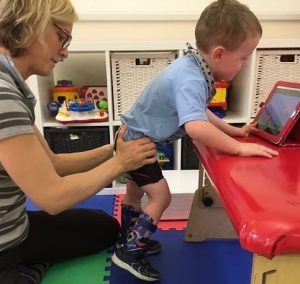
A developmental delay occurs when a child falls behind in developing skills that are typical for his or her age or time period. A developmental delay, on the other hand, is more than just falling behind other children in one skill; it is falling behind in a combination of skills or failing to meet developmental milestones. The following are some examples of developmental delays:
- Failure to meet developmental milestones such as sitting, crawling, and walking
- Inability to learn at an age-appropriate level.
- Inadequate development of age-appropriate play and social skills
EXCELLENT MOTOR SKILLS
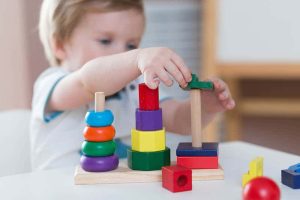
Fine motor skills are small movements made with the fingers, toes, wrists, lips, and tongue, such as picking up a spoon or holding a small object. If your child is struggling with fine motor skills, they may struggle with one of the following actions:
- Toys and puzzles are being manipulated.
- Using a pencil.
- When using silverware or straws at an appropriate age.
- Making use of scissors.
- Utilising zippers, buttons, and shoelaces.
- Shape colouring, drawing, tracing, and prewriting.
- Poor letter/number formation and handwriting.
- Not acquiring hand dominance at an appropriate age.
- Tasks and games that require fine motor skills should be avoided.
DEVELOPMENT OF MOVEMENT, STRENGTH, AND BALANCE (GROSS MOTOR SKILLS)
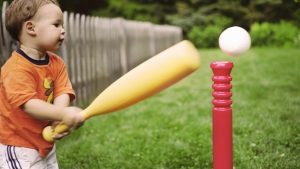
Gross motor skills are the abilities that allow us to move and coordinate our arms, legs, and other body parts. They involve larger muscles that aid in body control. A child who lacks movement, strength, and/or balance may appear clumsy or uncoordinated. They may also struggle with the following:
- Going up and down the stairs at an appropriate age.
- Understanding the concept of right and left Understanding the concept of right and left.
- Inadequate ball skills.
- Inadequate balance.
Their muscle tone, or tension and resistance to muscle, may be higher or lower than the appropriate developmental milestone. They may also:
- Be afraid of your feet Leaving the ground does not cross his or her.
- midline during play and school tasks.
- Avoids tasks and games that necessitate the use of gross motor skills.
PROCESSING OF VISUALS
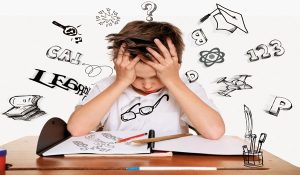
The process by which we make sense of what we see is known as visual processing. It is a mental process that interprets visual information. If your child struggles with any of the following, they may struggle with visual processing:
- Difficulties with letter spacing and size.
- Letter recognition difficulty.
- Difficulty in replicating shapes or letters.
- Visual tracking and crossing the midline are difficult.
- Finding objects among other objects is difficult.
- Difficulty copying from the board or another piece of paper Difficulty understanding the concept of right and left.
ORAL SENSORY/ORAL MOTOR
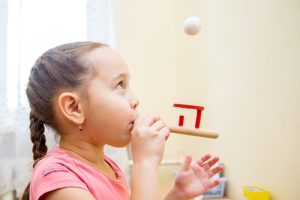
Control of muscle movements in the face and oral area, such as the lips, jaw, tongue, and soft palate, is referred to as oral motor or oral sensory skills. Delayed oral motor and sensory skills can manifest in one or more of the following ways:
- Drooling excessively.
- hews food rather than molars in the front of the mouth.
- Difficulties using a cup at an appropriate age.
- Difficulty drinking through a straw at an appropriate age.
- Long bottle or breast feeds.
- Tiredness following a meal.
- When bottle or breast feeding, the baby loses a lot of liquid from his or her lips.
- When a child drinks or chews, he or she loses a lot of liquid or food from his or her mouth.
PROCESSING OF SENSE

Sensory processing is the process of making sense of information received through our senses, such as sound and smell. Your child may be overly sensitive to their surroundings and exhibit the following symptoms:
- Oversensitivity or hypersensitivity to sound, touch, or movement.
- Under-responsive to certain sensations (for example, high pain tolerance and failure to notice cuts/bruises).
- Constant movement, jumping, crashing, and bumping.
- Visual or auditory stimuli easily distract.
- Reactive to emotions.
- Difficulty adjusting to change.
- Inability to remain calm when upset.
SKILLS IN SOCIAL INTERACTION

Social interaction skills enable us to form relationships and understand those around us. They assist us in forming bonds with other people in our lives. If your child exhibits any of the following characteristics, they may have delayed social skills:
- Difficulty socialising and engaging with family and peers.
- Having difficulty adjusting to new environments.
- Language skills lag.
- Overly focused on a single topic (e.g., space, universe, dinosaurs, trains).
- Can’t function in a school setting.
DIFFICULTIES IN LEARNING
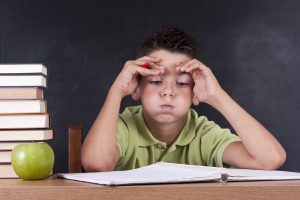
Another type of developmental delay is learning difficulties, also known as learning disabilities. If your child is having difficulty with any of the following, you should consult an occupational therapist:
- Inability to concentrate and focus in class.
- Distracted easily.
- Difficulty following instructions and finishing tasks.
- Easily exhausted by schoolwork.
- Inadequate impulse control.
- Hyperactivity or a lack of energy.
- Inability to keep up with schoolwork.
- Learning new material is difficult.
- After the age of seven, makes letter or number reversals.
SKILLS IN PLAY

Play skills are abilities that can assist a child in making sense of their surroundings. Through play, a child can gain self-confidence, problem-solving skills, and social skills. If your child exhibits any of the following symptoms, he or she may be developmentally delayed:
- To initiate play, requires adult supervision.
- Impossibility of imitative play.
- Without purposeful play, he wanders aimlessly.
- Moves quickly from one activity to the next and does not properly explore toys.
- Participates in hours of repetitive play (e.g., lining up toys).
- Does not participate in games with peers/siblings Does not understand concepts of sharing and turn taking Remember that every child is unique and develops these skill sets at their own pace.
Remember that every child is unique and develops these skill sets at their own pace. If you believe your child is having difficulty with some of the skills listed above, you can consult with an occupational therapist.

